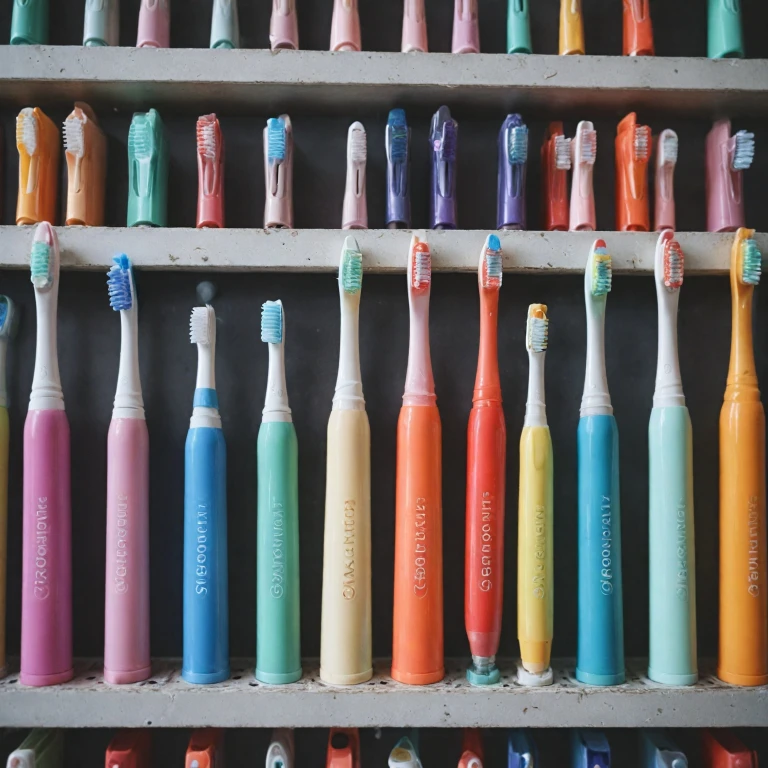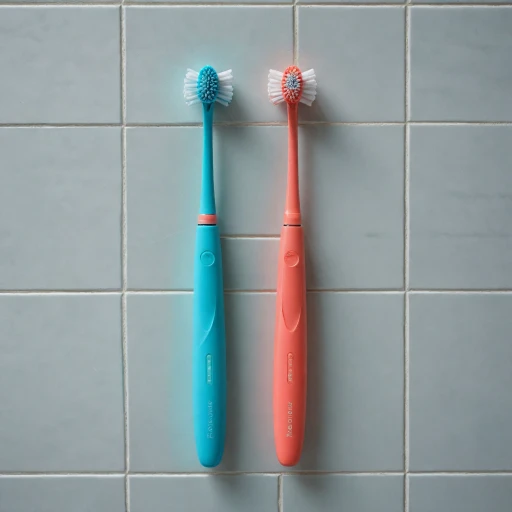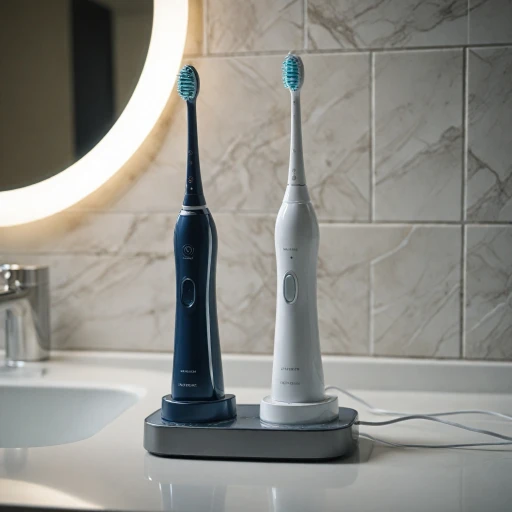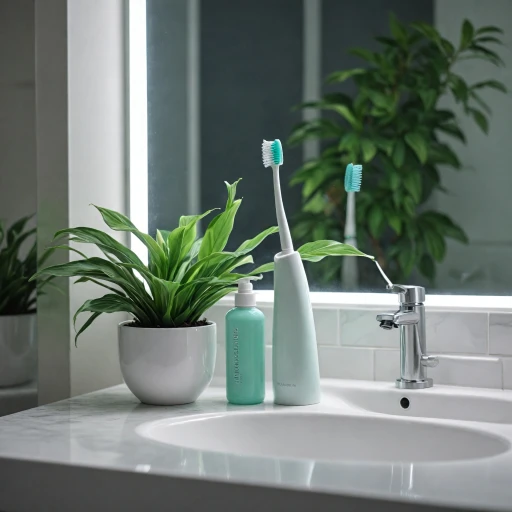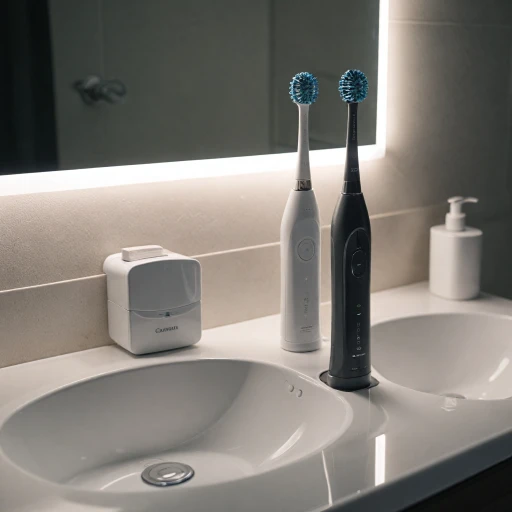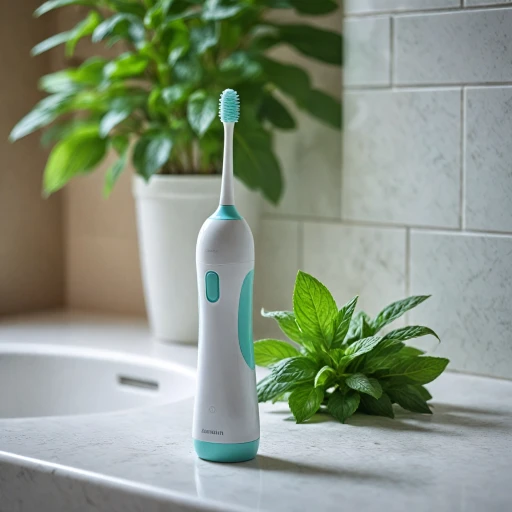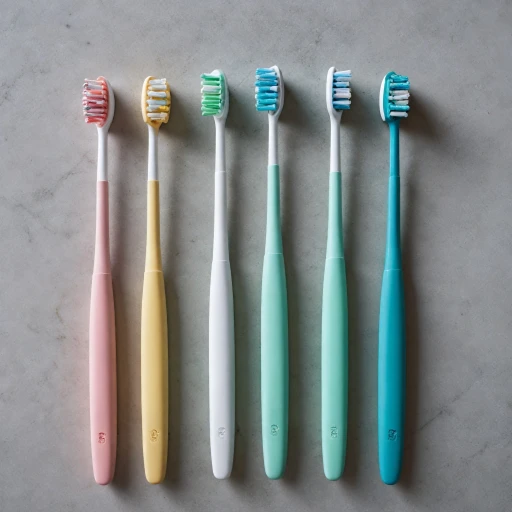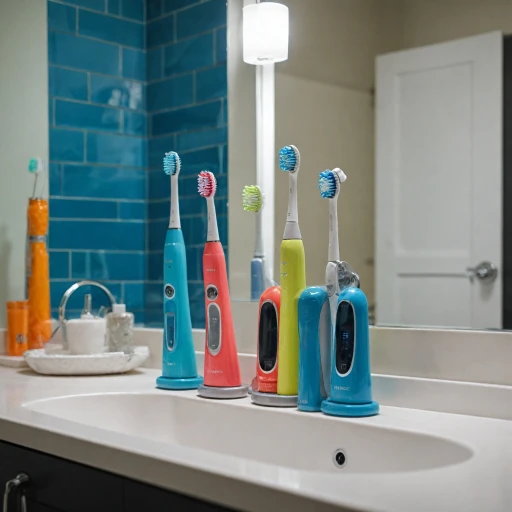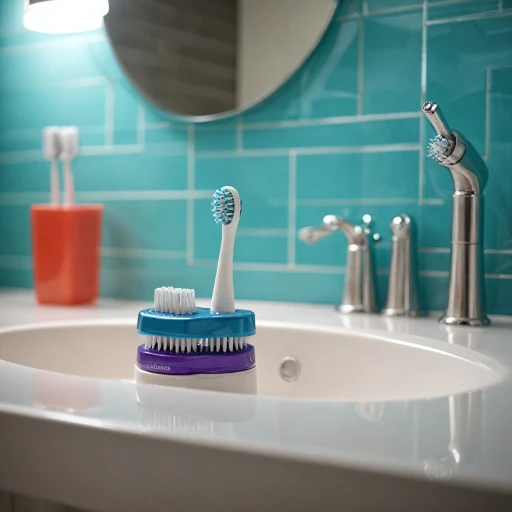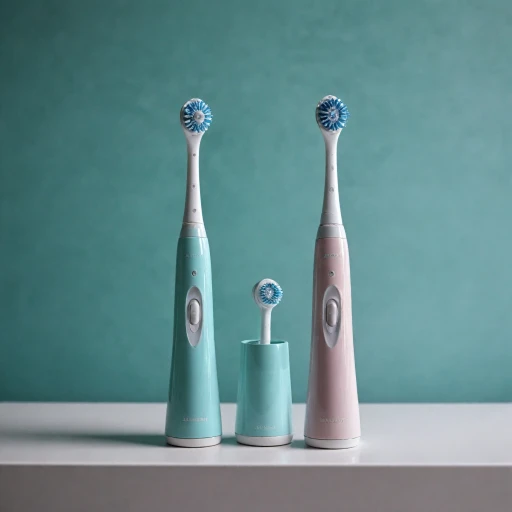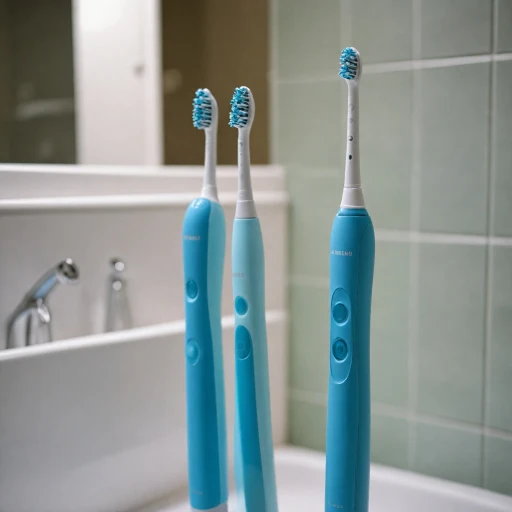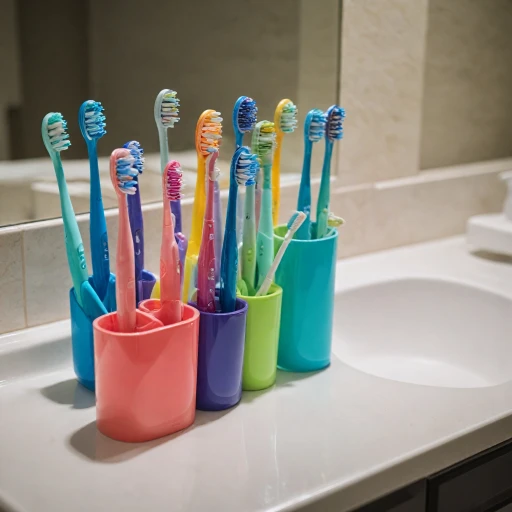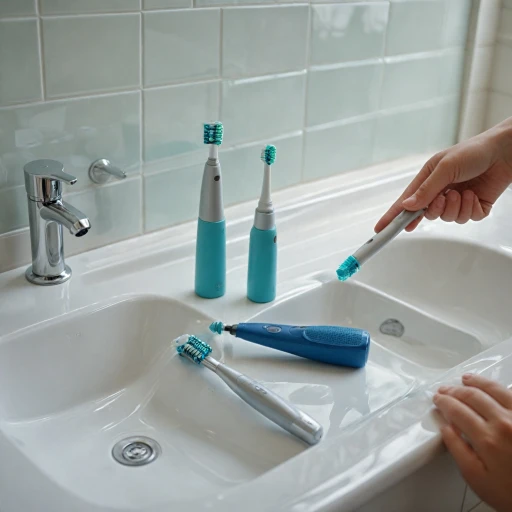
The Role of Batteries in Electric Toothbrushes
The Critical Function Batteries Play in Powering Your Toothbrush
In the world of oral hygiene, electric toothbrushes have become essential tools, offering more thorough cleaning than their manual counterparts. At the heart of these battery-powered devices lies a crucial component—the toothbrush battery. This hardware piece often determines whether your brushing experience is optimal or frustratingly compromised.
The role of a battery in an electric toothbrush is multifaceted. Firstly, it supplies the necessary power needed to activate the brush motor, enabling the brush head to oscillate, rotate, or vibrate at high speeds. These movements are integral to achieving that sought-after teeth whitening effect that many users desire. The battery also impacts the overall performance of professional care products, such as those from Philips Sonicare or Braun Oral-B, which are designed to cater to a range of oral care needs.
Understanding the type and capacity of your electric toothbrush's battery can be extremely valuable. The battery's capacity is often measured in milliamps per hour (mAh), indicating how long you can expect your toothbrush to run before requiring a recharge. As such, exploring the various battery types can shed light on potential performance differences.
With market options ranging from AAA batteries in 'budget-friendly' variants to advanced rechargeable models in high-end electric toothbrushes, selecting a device that balances price with desirable features could effectively enhance your dental care routine without breaking the bank.
As with any rechargeable product, monitor the signs indicating a need for battery replacement to maintain your toothbrush's original capability. This proactive maintenance, discussed further in the respective sections, ensures the most efficient operation for the long haul.
Types of Batteries Used in Electric Toothbrushes
Exploring the Battery Variants in Electric Toothbrushes
Electric toothbrushes rely on a variety of battery types to maintain their power and performance. From rechargeable AAAs to Lithium-ion options, the choice significantly impacts the device's functionality and longevity. Different brands and models offer unique features that can cater to diverse user needs and preferences. Rechargeable batteries are common in models like the Philips Sonicare and Braun Oral-B, known for their sustained power and efficiency. Many electric toothbrushes incorporate Lithium-ion batteries, a popular choice due to their durability and high capacity mah, ensuring a consistent cleaning performance. This type of battery often provides a better price-performance ratio, maintaining its charge over numerous cycles. On the other hand, some models use replaceable batteries, such as the Quip toothbrush, which typically utilize AAA batteries. While convenient for quick swaps, these may not deliver the same level of power as rechargeable options and can lead to frequent battery replacement. To maintain oral health effectively, these variations can be significant considerations. Knowing the compatible battery type secures both the immediate and long-term performance of the device, essential for daily oral care routines. For further details on the types of batteries used in electric toothbrushes, including whether they use lithium batteries, visit this informative guide.Factors Affecting Battery Life
Understanding Factors That Impact How Long Your Electric Brush Lasts
Many users of electric toothbrushes often wonder how they can ensure their brush lasts as long as possible. Understanding the factors that affect your toothbrush battery life can help in maximizing your investment. Here’s what you need to know:- Usage Frequency: The more frequently you use your electric toothbrush, such as Philips Sonicare, the faster the battery may drain. For example, if you brush your teeth the recommended twice a day, this can slightly shorten the overall battery lifespan in comparison to less frequent usage.
- Charging Habits: Regularly recharging your toothbrush before it's fully depleted can affect the lifespan of batteries. For instance, a rechargeable electric toothbrush with lithium-based batteries should ideally be charged only when necessary to extend battery life.
- Environmental Conditions: Storing your toothbrush in environments with extreme temperatures can negatively impact battery life. Both high heat and frigid conditions can reduce the battery's ability to hold a charge over time.
- Battery Type and Capacity: The original capacity in mAh of the battery and the type plays a crucial role. Electric toothbrushes equipped with higher capacity batteries tend to offer better longevity. Products that use AAA battery types might not last as long but can be convenient for quick battery replacement when needed.
Signs Your Toothbrush Battery Needs Replacement
Recognizing When It's Time for a Battery Tune-Up
In the lifecycle of electric toothbrushes, particularly the likes of Philips Sonicare and comparable products, knowing when your battery is nearing the end of its capacity is crucial for maintaining your oral care routine. A toothbrush battery that is faltering often shows signs that shouldn't be ignored, as prolonged use can affect the performance and overall effectiveness of the electric toothbrush.
- Decreased Power: If your toothbrush seems less vigorous than its original performance level even after a full charge, it's likely due to reduced battery voltage.
- Frequent Recharging Needed: A rechargeable electric toothbrush typically requires its battery to sustain a charge for at least a week. If you find yourself reaching for the charger more often, it might indicate diminished capacity measured in mAh.
- Inconsistent Operation: Intermittent on-off performance is another hint that a battery replacement is warranted.
- Failure to Fully Charge: If your product does not reach full charge despite being on the dock for several hours, the battery is possibly nearing the end of its life span.
Paying attention to these signs will help you decide the right time for a replacement battery, ensuring your teeth whitening routine remains effective. For those using AAA battery-powered models like the Quip or Braun Oral models, replacing batteries regularly will maintain the consistent power needed for optimal oral care.
Tips for Extending Battery Life
Maximizing Your Toothbrush Battery's Lifespan
Ensuring your electric toothbrush battery lasts as long as possible not only saves you money on replacements but also enhances your oral care routine. Here are some practical tips to extend the life of your toothbrush battery:
- Charge Wisely: Avoid overcharging your toothbrush. Once it reaches full capacity, unplug it to prevent unnecessary strain on the battery. Most modern toothbrushes, like Philips Sonicare, have indicators to show when they are fully charged.
- Use the Right Charger: Always use the original charger that comes with your toothbrush. Using a charger with different volts can damage the battery over time.
- Regular Usage: Consistent use of your electric toothbrush helps maintain the battery's health. Aim to brush your teeth twice a day for optimal performance.
- Store Properly: Keep your toothbrush in a cool, dry place. Extreme temperatures can affect the battery's lifespan.
- Replace Brush Heads: Regularly changing the brush head ensures efficient cleaning, reducing the strain on the motor and battery. Brands like Braun Oral and Oral Triumph offer a variety of brush heads for different needs.
- Consider Battery Type: If your toothbrush uses AAA batteries, consider switching to rechargeable ones to save on costs and reduce waste.
By following these tips, you can enjoy a longer-lasting battery life, ensuring your electric toothbrush remains a reliable part of your daily oral care routine.
Environmental Considerations and Disposal
Responsible Battery Disposal and Eco-friendly Practices
Ensuring responsible disposal of an electric toothbrush battery is vital to both personal care and environmental health. These batteries, integral to products like the Philips Sonicare or Braun Oral Triumph, can have various chemistries — ranging from AAA battery types to rechargeable variations. Disposing of these batteries improperly can release harmful substances into the environment. To address environmental concerns:- Understand Local Regulations: Different regions have specific guidelines for disposing of batteries. Knowing whether your area has specialized disposal centers can aid in eco-friendly practices.
- Utilize Recycling Programs: Many manufacturers offer recycling programs for toothbrushes, where consumers can return used batteries. Brands like Philips often provide details on such initiatives.
- Consider Rechargeable Alternatives: Choosing electric toothbrush models with rechargeable batteries can reduce the frequency of battery replacements and subsequent waste.

